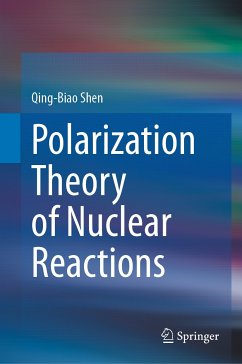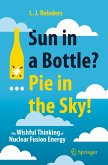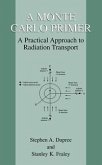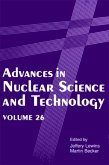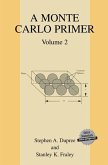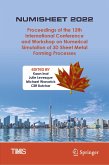This book provides the reader with a modern and comprehensive overview of nuclear polarization theory. The understanding of polarization phenomena greatly enriches data obtained from scattering and nuclear reactions by providing information on the interaction that can change spin orientation as well as important verification data for the study of nuclear structures and reaction mechanisms. The author methodically derives the polarization theory of nuclear reactions for various types of elastic scattering and two-body direct reactions between particles of different spin and unpolarized target nuclei with arbitrary spin, as well as the reactions between two polarized light particles and the polarization theory for photon beams. In addition, the polarization theories of relativistic nuclear reactions are rigorously covered in great scope and detail. A chapter on polarized particle transport theory presents the Monte-Carlo method for describing the transport of polarized particles and formalizes the polarized particle transport equation. Here, the author also illustrates a novel and concrete scheme for establishing a polarization nuclear database.
Nuclear polarization is important not only for microscopic nuclear structure and reaction studies but also for nuclear engineering, applied nuclear physics, and medical physics. With the development of radioactive beam facilities and, on the theoretical side, the development of consistent microscopic nuclear reaction and structure theories, this book on the polarization theory of nuclear reactions serves as a timely source of reference for students and researchers alike.
Dieser Download kann aus rechtlichen Gründen nur mit Rechnungsadresse in A, B, BG, CY, CZ, D, DK, EW, E, FIN, F, GR, HR, H, IRL, I, LT, L, LR, M, NL, PL, P, R, S, SLO, SK ausgeliefert werden.

